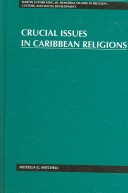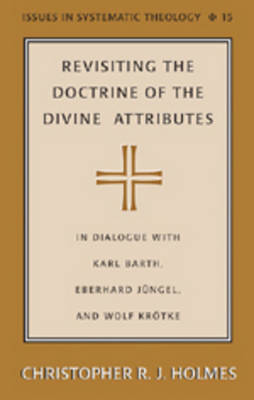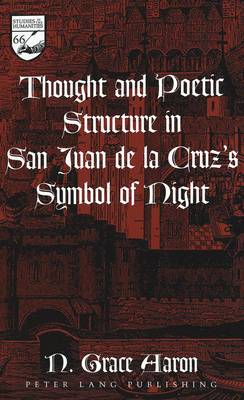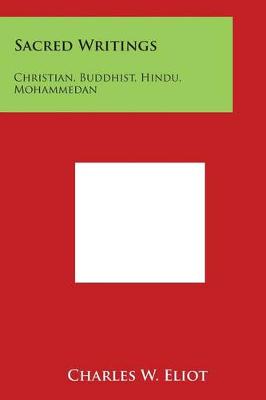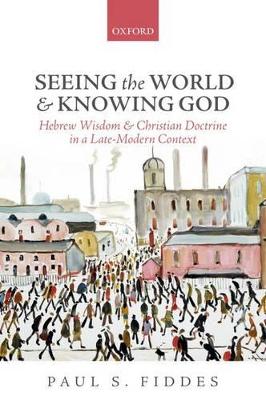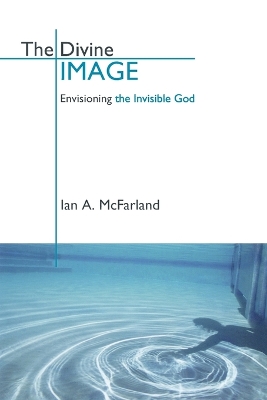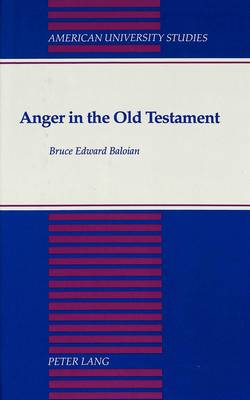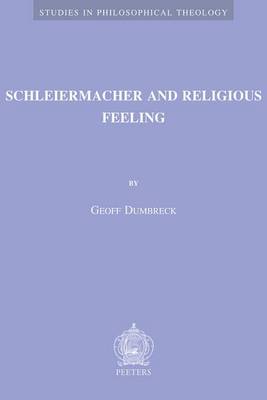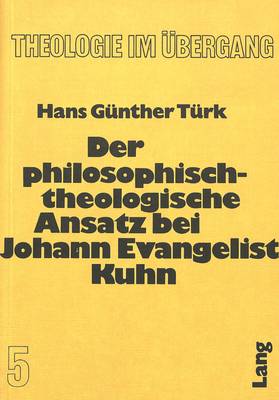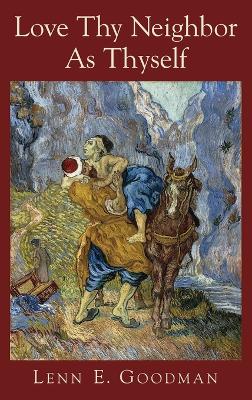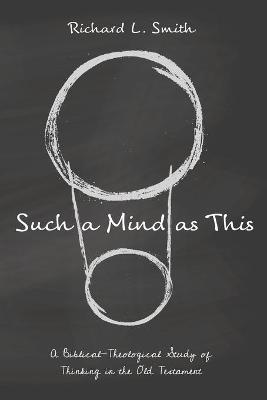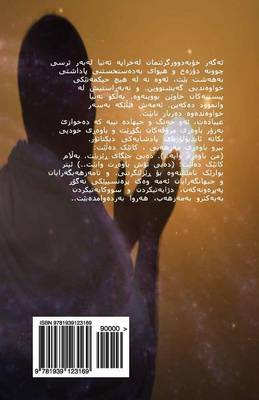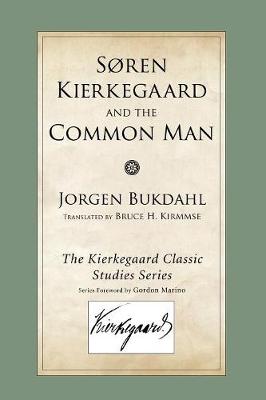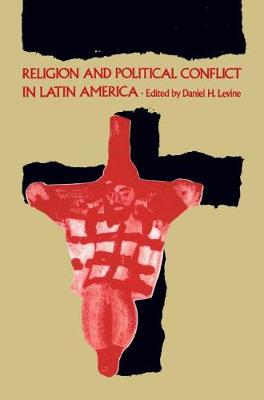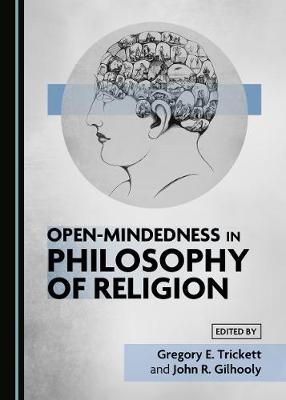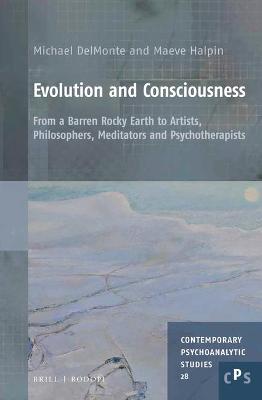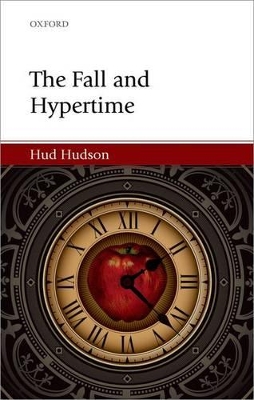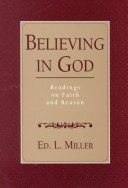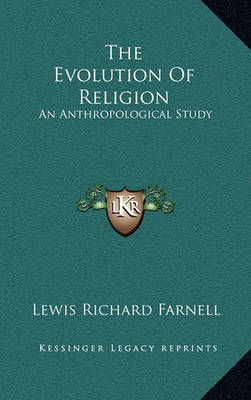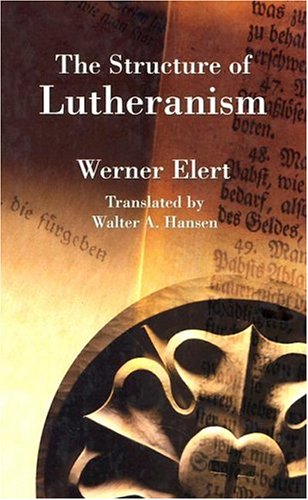Revisiting the Doctrine of the Divine Attributes (Issues in Systematic Theology, #15)
by Christopher R. J. Holmes
This book aims to create a Christian theology of wisdom for the present day, in discussion with two sets of conversation-partners. The first are writers of the 'wisdom literature' in ancient Israel and the Jewish community in Alexandria. Here, special attention is given to the biblical books of Proverbs, Job, and Ecclesiastes. The second conversation-partners are philosophers and thinkers of the late-modern age, among them Jacques Derrida, Emmanuel Levinas, Julia Kristeva, Paul Ricoeur, and Hann...
Rather than referring to some germinal divine element in humans, such as reason, McFarland claims that the image of God in us tells us something about God and how we know God. It tells us that God, though not identical with us, communicates Godself to us in creative love, in a way that offers precious clues about God's transcendence, immanence, triune life, self-disclosure, incarnation, and intentions for human life. McFarland's careful and exacting work builds from this kernel a powerful Christ...
Anger in the Old Testament (American University Studies, Series 7: Theology & Religion, #99)
by Bruce Edward Baloian
Schleiermacher and Religious Feeling (Studies in Philosophical Theology, v.49)
by Geoff Dumbreck
Religious feeling lies at the heart of Schleiermacher's theology. In his earliest monograph, the Speeches, he famously writes that "religion's essence is neither thinking nor acting but intuition and feeling." He portrays religious feeling as an eternal and universal state of consciousness, which cannot be generated by individuals, the world or anything within it, but must have a transcendent "whence", namely God. Yet his critics have often missed this point, assuming that his emphasis on feelin...
Der Philosophisch-Theologische Ansatz Bei Johann Evangelist Kuhn (Theologie Im Eubergang, #5)
by Hans Gunther Turk and Hans Geunther Teurk
Unter den Theologen der -Katholischen Tubinger Schule- hat sich Johann Evangelist Kuhn (1806-1887) besonders intensiv mit der neueren Philosophie, aber auch der evangelischen Theologie auseinandergesetzt. Seine Gesprachspartner sind vor allem Kant, Jacobi, der -Deutsche Idealismus- und Schleiermacher. Spater kommt noch die Auseinander- setzung mit der aufkommenden Neuscholastik hinzu. Die dabei von Kuhn entwickelten philosophischen und theologischen Argumentationen kritisch zu untersuchen ist da...
In this book, Lenn E. Goodman writes about the commandment to "love thy neighbor as thyself" from the standpoint of Judaism, a topic and perspective that have not often been joined before. Goodman addresses two big questions: What does that command ask of us? and what is its basis? Drawing extensively on Jewish sources, both biblical and rabbinic, he fleshes out the cultural context and historical shape taken on by this Levitical commandment. In so doing, he restores the richness of its material...
!Metaphysics (Catholic Thought from Lublin Education; 26)
by Mieczyslaw Albert O P Krapiec and Mieczysaw Albert Krnapiec
Soren Kierkegaard and the Common Man (Kierkegaard Classic Studies)
by Jorgen Bukdahl
Religion and Political Conflict in Latin America
The authors examine popular religion as a vital source of new values and experiences as well as a source of pressure for change in the church, political life, and the social order as a whole and deal with the issues of poverty and the role of the poor within the church and political structures. Exploring areas from Nicaragua, El Salvador, Brazil, Bolivia, Colombia, and Chile, the authors analyze the transformation in popular religion and reevaluate the growth of grassroots organizations. |Winner...
Verbin engages with the logical features of the experience of divine abuse and the religious difficulties to which it gives rise.
In this account of his thinking, Peter Marshall develops a dynamic and organic philosophy for the coming millennium which he calls liberation ecology. Liberation ecology is holistic in viewing the world as a harmonious whole and all beings and things as interwoven threads in nature's web. It recognizes intuition as the main source of knowledge, and, above all, it is libertarian in seeking to release humanity, society and nature from their existing burdens so that they can unfurl and realize toge...
Oxford Handbook of Value Theory (Oxford Handbooks)
Value theory, or axiology, looks at what things are good or bad, how good or bad they are, and, most fundamentally, what it is for a thing to be good or bad. Questions about value and about what is valuable are important to moral philosophers, since most moral theories hold that we ought to promote the good (even if this is not the only thing we ought to do). This Handbook focuses on value theory as it pertains to ethics, broadly construed, and provides a comprehensive overview of contemporary d...
In a free society, it is common to hear the request that one 'keep an open mind.' Just what exactly is it, however, to keep an open-mind? How does open-mindedness function? How does it square with important personal commitments? These issues are particularly acute when it comes to matters of religious belief in which open-mindedness can sound to the pious a bit too much like doubt. Certainly, in a discipline whose discourse remains rational dialogue, effort should be spent discerning the contour...
Evolution and Consciousness (Contemporary Psychoanalytic Studies, #28)
by Michael Michelo DelMonte and Maeve Halpin
This volume provides a comprehensive and accessible introduction to the emerging concept of the evolution of consciousness. The simple, but dynamic, theory of evolving consciousness blends the powerful insights of modern science with the deep wisdom of age-old cultures, synthesising the traditions of East and West, of the head and heart, of the feminine and the masculine and of science and spirituality. By integrating diverse multi-disciplinary approaches, it provides an overarching and transcen...
Frequently, alleged irreconcilable conflicts between science and religion are instead misdescribed battles concerning negotiable philosophical assumptions-conflicts between metaphysics and metaphysics. Hud Hudson provides a two-stage illustration of this claim with respect to the putative inconsistency between the doctrines of The Fall and Original Sin and the deliverances of contemporary science. The tension in question emerges through a study of the many forms the religious doctrines have ass...
